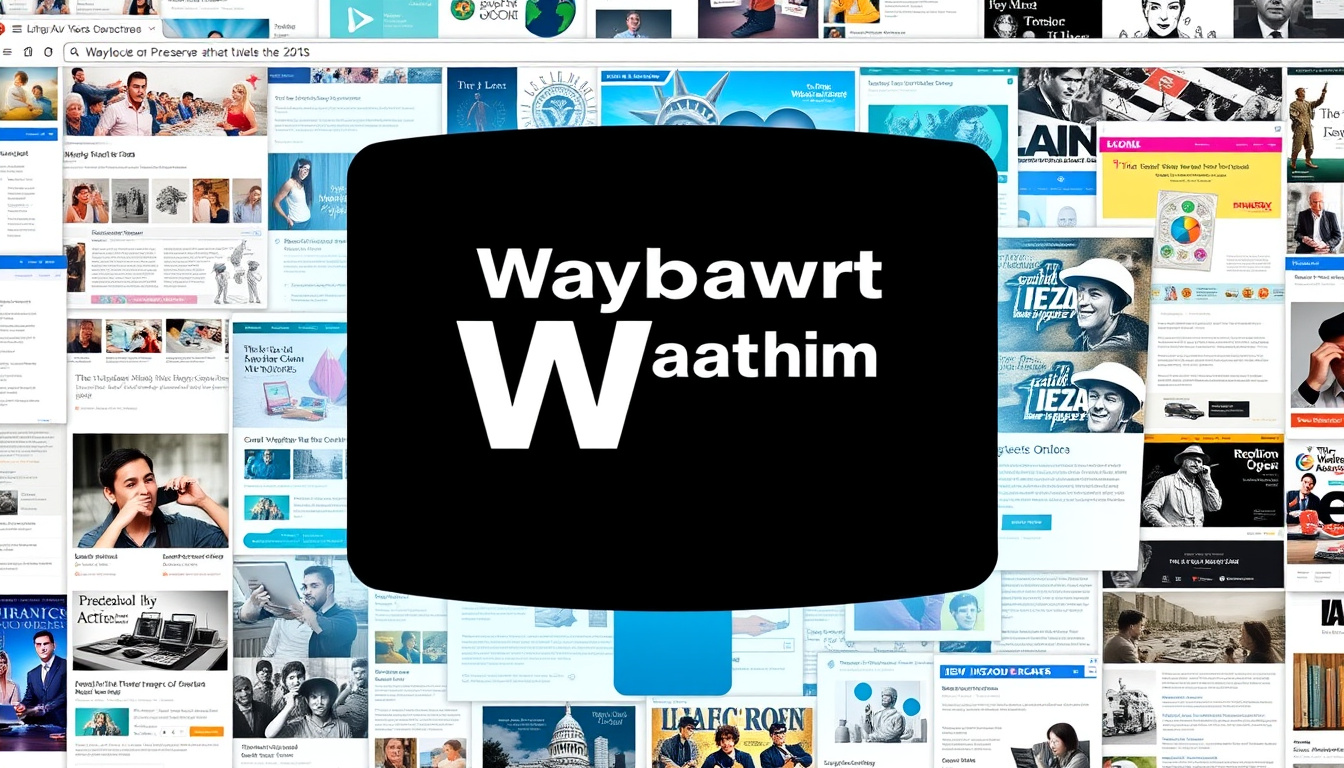Unlocking the Past: Exploring the Rich World of Web Archives and Their Untold Stories
In the world of digital data, websites change fast. Web archives keep copies of old pages close at hand. Historians, researchers, and everyday users find these copies useful. The Wayback Machine and the Library of Congress web archive show much of our online past.
Understanding Web Archives
Web archives hold pages captured at different times. They let users see old website looks and track page changes. The Wayback Machine, made by the Internet Archive, keeps over 928 billion pages. It saves words and pictures, sounds, and videos. This helps keep our online life intact.
The internet does not last long. Pages change or vanish. Capturing a copy today means that later, readers can find past events and shifts in our culture.

Key Features of Major Web Archives
1. Wayback Machine
The Wayback Machine is a favored tool for both casual users and students. It gives users ways to:
- Type a website address and pick a date. The page then shows the old look.
- Save a page now so that it stays for later.
- See many types of media. It holds sounds, pictures, videos, and even software. This keeps the look of digital life clear.
2. Library of Congress Web Archive
The Library of Congress holds a key part of our digital record. Its archive keeps pages that show the U.S. story and more. Its collections group pages by topics like politics, society, and culture. One group shows the work around the U.S. Civil War on its 150th year. Collections from many lands let readers see news and changes from different views.
Worth Noting About Web Archives
Web archives do more than save pages. They help in ways such as:
- Study: Many scholars use these pages to see how public talk changed over time. They find links in digital notes and the role of social media such as in protests.
- Memory: Archives keep pages that show our culture. They help save the words and stories of our era.
- Truth: Saving old pages helps check old claims by public people and groups.
Challenges and Thoughts
Web archives are needed but face hard issues:
- Privacy and right issues: Saving pages can raise legal and moral points. This happens when pages show protected work and private data.
- Tech limits: Some pages with live parts or moving items are hard to save well.
- Cost: Keeping many pages up to date needs work and funds. Groups must plan well to keep pages open and true.
Conclusion
Web archives help us see our online past. They act as links between present facts and the old pages that show cultural changes. The Wayback Machine and the Library of Congress show how we save each online mark. Using these page groups, students and regular users can unlock hidden page tales. As we face a world of quick changes online, these archives hold our old pages in clear form. They are the keepers of our online life.
